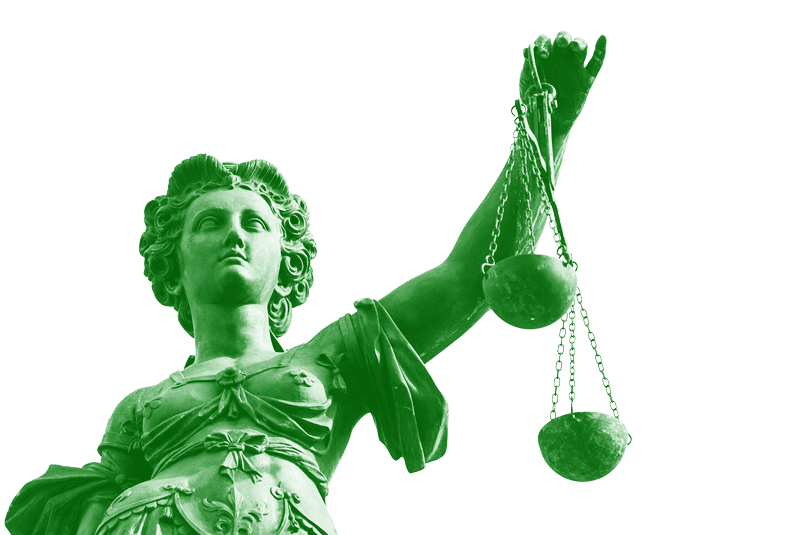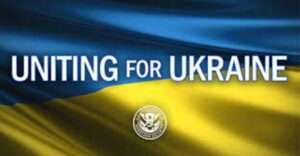Today the Supreme Court heard oral argument in Trump v. United States, the presidential immunity case. Much of the argument concerned issues left unresolved during the Trump presidency.
First, during the Mueller investigation, it was alleged that Trump violated the federal obstruction of justice statute. I, and others, countered that a criminal statute should only apply to the President if there is a "clear statement" to that effect. In other words, a general criminal statute should not be read to apply to the President.
Second, it is true that in 1995, the Office of Legal Counsel suggested in an opinion that the federal bribery statute, 18 U.S.C. § 201, would apply to the President, even though there was no "clear statement." But bribery is somewhat unique in that the Constitution expressly enumerates bribery as a ground of impeachment. It is difficult to then argue that the President has some sort of constitutional authority to engage in impeachable conduct.
Third, however, the mere fact that a former President could be prosecuted for bribery does not resolve the allegations leading up to the first Trump impeachment: what exactly is bribery in the context of the presidency? At the time, Seth Barrett Tillman and I acknowledged the easy case, where the President receives a "suitcase full of money" in exchange for performing some official act, would amount to bribery. But the theory of the first impeachment was different. Then-Speaker Nancy Pelosi argued that Trump "violated his oath by threatening to withhold military aid and a White House meeting in exchange for an investigation into his political rival."
Fourth, to address these allegations, Seth and I offered a theory for bribery in the context of public officials like the President. This theory turns in large part on the concept of mixed motives: it is very difficult to disentangle "public" motivations from "personal" motivations. We wrote:
We start from a simple premise: Most people run for office, and seek to remain in office, based on a belief that they—and not others—are in the best position to promote the public welfare, however defined. When government officials act, they almost always act with mixed motives: They act in part to promote the public good and in part to remain in office, or perhaps to seek higher office. Often, the two concepts overlap: What's good for the country is good for the official and his or her chances at reelection. All politicians understand this dynamic, even—or perhaps especially—Trump. And there is nothing corrupt about acting based on such competing and overlapping concerns. Politicians can, and do, check the polls before casting a difficult vote.
Our position can be summarized in a single sentence: Where one public official act is traded for another public official act, there has not been any illegal conduct. (In my view, of all the things that Seth and I wrote, this is probably one of the most important.) Though these writings were limited to the context of impeachment, I think they would apply more broadly to a federal criminal prosecution of a former president.
Fifth, motivations play an important role in this analysis. With the president, "personal and public motivations are inextricably intertwined." Why? As we explained, politicians never lose sight of the next election. Merely acting with an eye towards retaining office is not an improper purpose. We wrote:
We consider Trump to stand in a position similar to the log-rolling members of Congress. In our view, he acted to promote the public interest, as he understood it, with the full recognition that his actions also increased the probability that he may prevail at the next election. In those circumstances, Trump's request does not amount to bribery. Poor political discretion, perhaps. But we see no way on these facts to disentangle a motivation to promote American interests abroad from a competing motivation to assist his reelection campaign.
I later expanded on this theme in a New York Times guest essay published before the impeachment trial started. I explained that "receiving a 'political benefit' does not transform an otherwise legal action (like requesting an investigation) into an abuse of power." I wrote that many Presidents acted based on "dueling motives." President Lincoln, for example, allowed soldiers to return home to vote, even though this action put the military campaign at risk. I observed, "Lincoln's personal interests should not impugn his public motive: win the war and secure the nation."
None of these five points were ever addressed by the federal courts, since Trump was never indicted by Mueller. But all five of these points came up during oral argument today in Trump v. United States. I had a sense of déjà vu.
The Clear Statement Rule
The most interest in the clear statement rule came from Justice Kavanaugh. I think of all members of the Court, Justice Kavanaugh has perhaps the most insights on what it means to prosecute a President. Justice Kavanaugh has seen this issue from both sides. Earlier in his career, he worked under Independent Counsel Ken Starr. And later in his career, he served as a White House attorney under President George W. Bush. I remember when there were calls to charge members of the Bush administration with war crimes and worse. Kavanaugh stated, "this case has huge implications for the presidency, for the future of the presidency, for the future of the country." He is exactly right.




Show Comments (0)